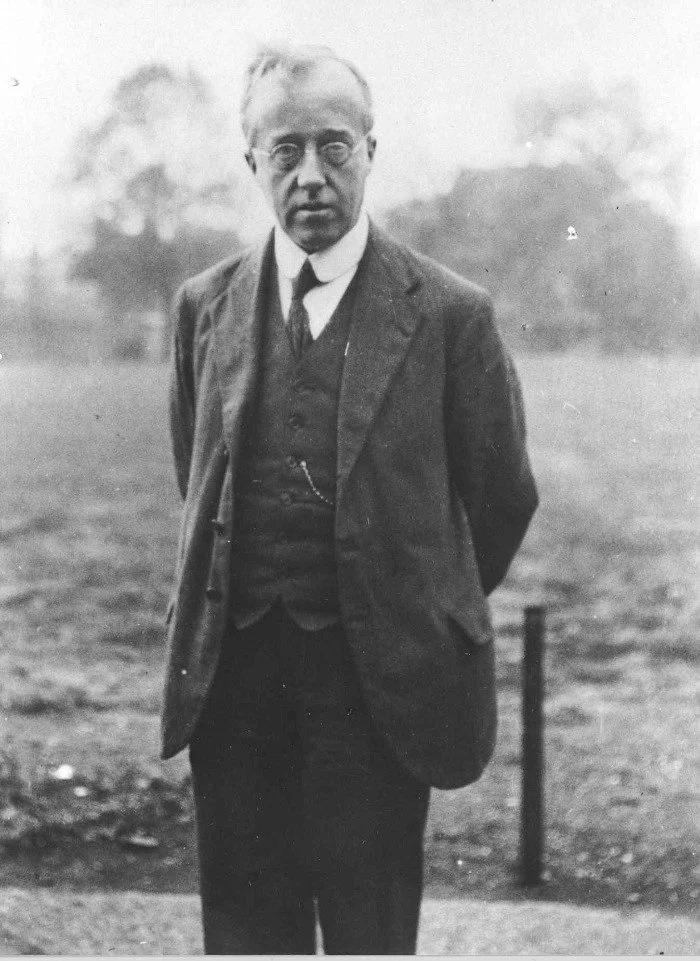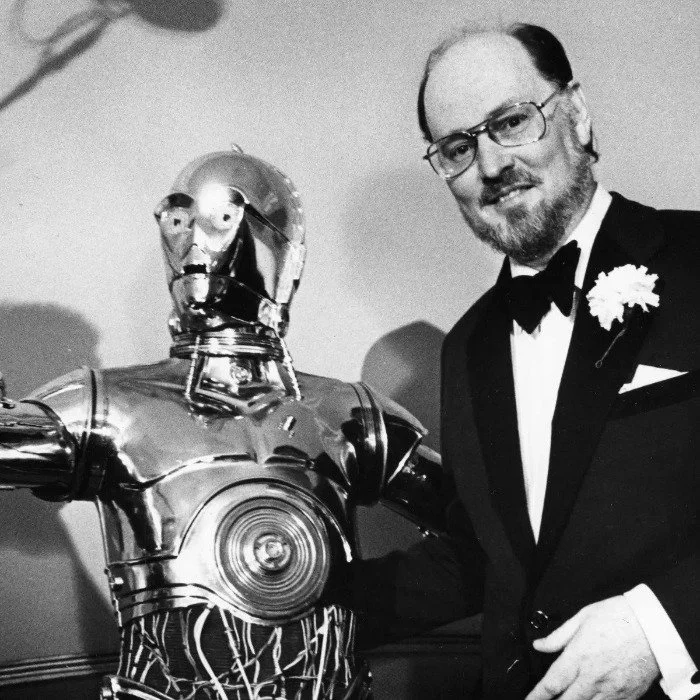This Classical Music Inspired John Williams During The Scoring Of 'Star Wars’
Image Source: Skyatnightmagazine.com
One of the best things about Star Wars is its music. It's designed in such a way as to draw emotion out of the viewer. The ‘Imperial March’ is iconic and will always drum up images of Darth Vader in all his evil glory. The central title theme gets you pumped and excited for what's about to come as you study the opening crawl. The theme of the Jedi invokes mysticism and wonder, adding to the awe of seeing these god-like characters performing impossible feats.
John Williams did a masterful job on every Star Wars film he worked on. The Melodies he created are iconic. They are memorable to the point where all someone has to do is hum the first few notes of the ‘Imperial March’, which will immediately make anyone think of Star Wars.
RELATED:
For inspiration when writing the music for Star Wars, Williams turned to one of the most seminal pieces of art in the history of music; The Planets by Gustav Holst. This orchestral masterclass is not well known in popular culture, but its impact on modern cinema is vast.
You can hear the beats and symphonies from The Planets in countless Hollywood blockbusters. Indiana Jones, Superman, Jurassic Park, Harry Potter, and Star Wars all have music that inspired Holst's underappreciated work. It's time someone shined a light on the work that inspired a generation of composers and gave us the scores for so many amazing films.
Image Source: Holstfoundation.org
Gustav Holst was born in 1874 in Cheltenham, England. A sickly child, he suffered from eye problems that would be with him his entire life. Nevertheless, Holst came from a musical family and started composing at an early age. He attended the Royal College of Music in London, honing his knowledge of musical theory. Shortly after graduating, he began a career as a teacher, which he would continue doing for the rest of his life. After a few early attempts to get his work performed had garnered mixed results, Holst began work on the piece of music that would define his career, The Planets.
In Holst's time, the planets of our solar system were beginning to be better understood scientifically. How they differ from one another, their distance from the Earth, and their chemical composition were all unveiled in his lifetime. Holst had also developed an interest in astrology after visiting Spain with friends. This new passion would feed into his work. Coupled with his interest in the scientific discoveries about the planets, Holst now had the main inspiration for what each individual movement in his new 'suite' should sound like and how it should represent each given planet.
The Planets is based around the mythological, astrological beings of Mars, Jupiter, etc. It consists of seven 'Movements,' one for each of the solar system's planets. Earth was omitted as it doesn't have a mythological presence in astrology, and the dwarf planet Pluto was yet to be discovered. The composition of The Planets is also very similar to the book The Art of Synthesis by William Alan Leo, which is seen as one of the most important works of astrology.
‘Mars’, the opening movement, is bombastic. ‘Mars’ makes you think of battles and victory at any cost by representing the Roman God of War. ‘Jupiter’, the fourth movement, revels in its size and importance. Big symbol crashes, and busy violin scores bustle through this movement. It instills a sense of gravitas worthy of the largest planet in the solar system. It's filled with joy and wonder. All the movements have a unique sound and play off their astrological and astronomical counterparts to create beautiful and unique music. The Planets is widely respected in the music community. Ever since its first performance in 1920, it has been considered one of the most prominent pieces of orchestral music in history.
After listening to The Planets in its entirety, the influence it had over modern cinema, and John Williams in particular is very apparent. There are chord progressions in 'Mars' that are so similar to the 'Imperial March' that it's impossible not to hear the comparison. The same is true for the title theme of A New Hope. The chord progression towards the end of William's score is almost identical to a chord progression towards the end of Holst's opening movement. But the similarities don't end with ‘Mars.’ Elements from 'Jupiter’, ‘Neptune’, and others appear in all of Williams' scores. Parts of 'Neptune' sound like Williams's iconic Jedi score. Sections of ‘Jupiter’ can be heard in Star Wars music imposed over action scenes, which rank up the drama.
Image Source: Theguardian.com
It's obvious why Williams took inspiration from a piece called The Planets to write music for Star Wars, a science fiction/fantasy opera set in space. The Planets seem like the perfect piece to find inspiration from working from that criteria. But it's not only in Star Wars that The Planet's inspiration can be heard in Williams's work. The Harry Potter theme is obviously based on chord progressions in ‘Neptune.’ His Superman theme harkens back to ‘Jupiter,’ showcasing the god-like persona of the Man of Steel. Williams's score makes us feel joy, wonder, and fun, perfect for a comic book hero.
Some of Williams's work is so similar to The Planets that there are criticisms that it goes beyond inspiration and is actually plagiarism. When listening to The Planets, it can feel like you're listening to a Best of Hollywood movie soundtrack. But in all reality, Williams's work is fundamentally different from Holst's in enough ways to consider it unique. It's transformative and changes enough to be regarded as original work by most areas of academia. Williams also famously took inspiration for Star Wars, particularly from Eric Wolfgang Korngold and other composers of that era.
But in truth, it's in The Planets we see where most of John Williams's inspiration came from. Even though his work is transformative enough, it's hard to imagine what Star Wars or countless other Hollywood blockbusters' soundtracks would sound like if The Planets had never been released. The Planets is a stunning piece of music. The inspiration it holds for modern cinema is undeniable. It deserves its place in history as one of the most seminal and iconic pieces ever written.
READ NEXT:
Source(s): Gustavholst.info, YouTube (Charles Cornell, Classical Nerd).





